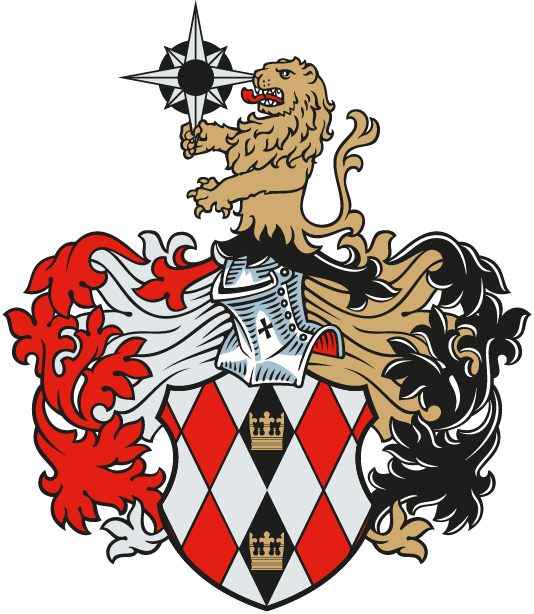

The United Arab Emirates has officially joined the World Phygital Community as its 100th member, marking a major milestone in the global convergence of physical and digital sports. This move underscores the UAE’s ambition to become a leading hub for innovation, esports, and hybrid experiences that blend real-world physicality with digital engagement. The announcement was made during the World Phygital Summit in Kazan, Russia, highlighting the Emirates' growing footprint in the international tech-sports arena.
The screens flicker with neon colors, the sound of sneakers hitting the court mixes with the click of controllers, and the crowd roars both in the arena and online. Welcome to the world of Phygital sports—where the real and the virtual collide in a dance of adrenaline, precision, and pixels.
In a bold move that signals its growing influence in the global tech-sports landscape, the United Arab Emirates has officially become the 100th member of the World Phygital Community. The announcement came from Kazan, Russia, during the World Phygital Summit, an event that showcases the cutting edge of hybrid physical-digital competition. Think basketball meets esports, or martial arts fused with VR gameplay—these are not games of the future; they are the games of now.
Phygital sports are carving out a new niche in global entertainment and athleticism. They combine physical activity with digital interfaces, creating immersive, competitive formats that attract athletes, gamers, and tech enthusiasts alike. With the UAE now on board, the movement gains not just another member, but a powerhouse known for its visionary urban planning, tech-forward mindset, and enthusiastic embrace of innovation.
Sheikh Mansoor bin Mohammed bin Rashid Al Maktoum, a known patron of sports and youth development in the UAE, has expressed his support for integrating such future-forward platforms. The country’s inclusion in the World Phygital Community opens the door to hosting major international tournaments, investing in state-of-the-art hybrid arenas, and nurturing a new generation of ‘phygital athletes.’
But what exactly is Phygital sport? Imagine a basketball match where physical dribbling is tracked in real-time and translated into digital avatars on screen. Or a fencing duel where each strike is mirrored in a virtual world, allowing fans to watch in 360-degrees from anywhere on the planet. These are not just visual gimmicks—they are redefining how we train, watch, and participate in sports.
And the UAE has been quick to adapt. Known for its futuristic architecture, AI-driven public services, and record-breaking developments, adding Phygital sports to its portfolio feels like a natural evolution. Already, Dubai and Abu Dhabi are exploring venues that can host such hybrid events, with plans to integrate these into school curriculums and public fitness programs.
At the World Phygital Summit in Kazan, the buzz was unmistakable. Delegates from over 100 countries witnessed the UAE’s induction as speakers emphasized the role of Phygital sports in youth engagement, digital literacy, and health. The UAE’s participation is seen not just as symbolic, but as catalytic—it has the infrastructure, ambition, and resources to make the Phygital revolution a global mainstream phenomenon.
Much like Formula 1 put Abu Dhabi on the motorsport map, Phygital sports may well do the same for the next wave of hybrid competitions. And for a country that already hosts world-class events from UFC to the Dubai Fitness Challenge, this is another feather in its high-tech cap.
The UAE’s entry into the World Phygital Community has compelling implications for real estate developers and investors. As hybrid digital-physical sports gain popularity, demand for specialized venues will surge. We can expect a new category of real estate—'phygital arenas'—combining large open spaces with cutting-edge digital infrastructure.
These venues will require:
Dubai and Abu Dhabi are particularly poised to lead this trend, offering investors a first-mover advantage in a fast-growing niche. Mixed-use developments that integrate co-working, esports, and phygital training facilities may become the norm, attracting both tech-savvy youth and international event organizers.
Moreover, government support for innovation zones and freehold tech parks could lead to increased land value and long-term appreciation. As the UAE positions itself as a global Phygital hub, real estate tied to this movement could offer not just returns—but front-row seats to the future of sport.
